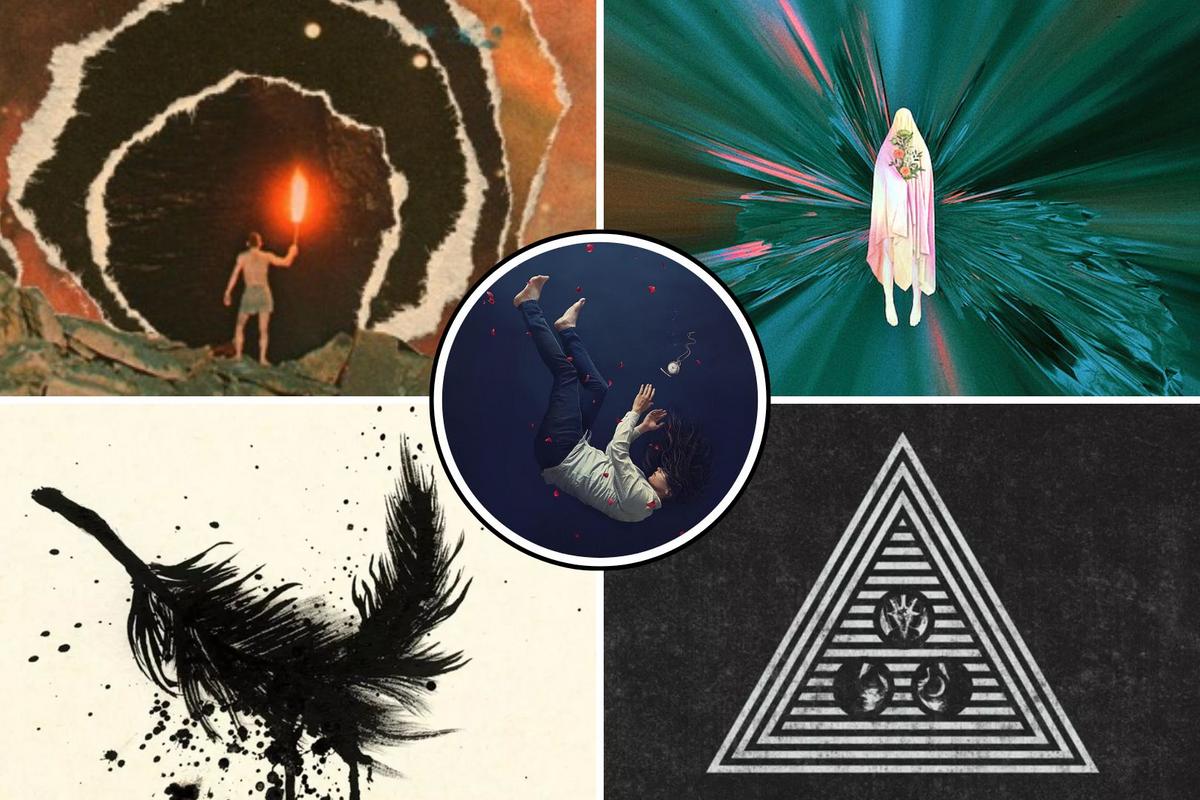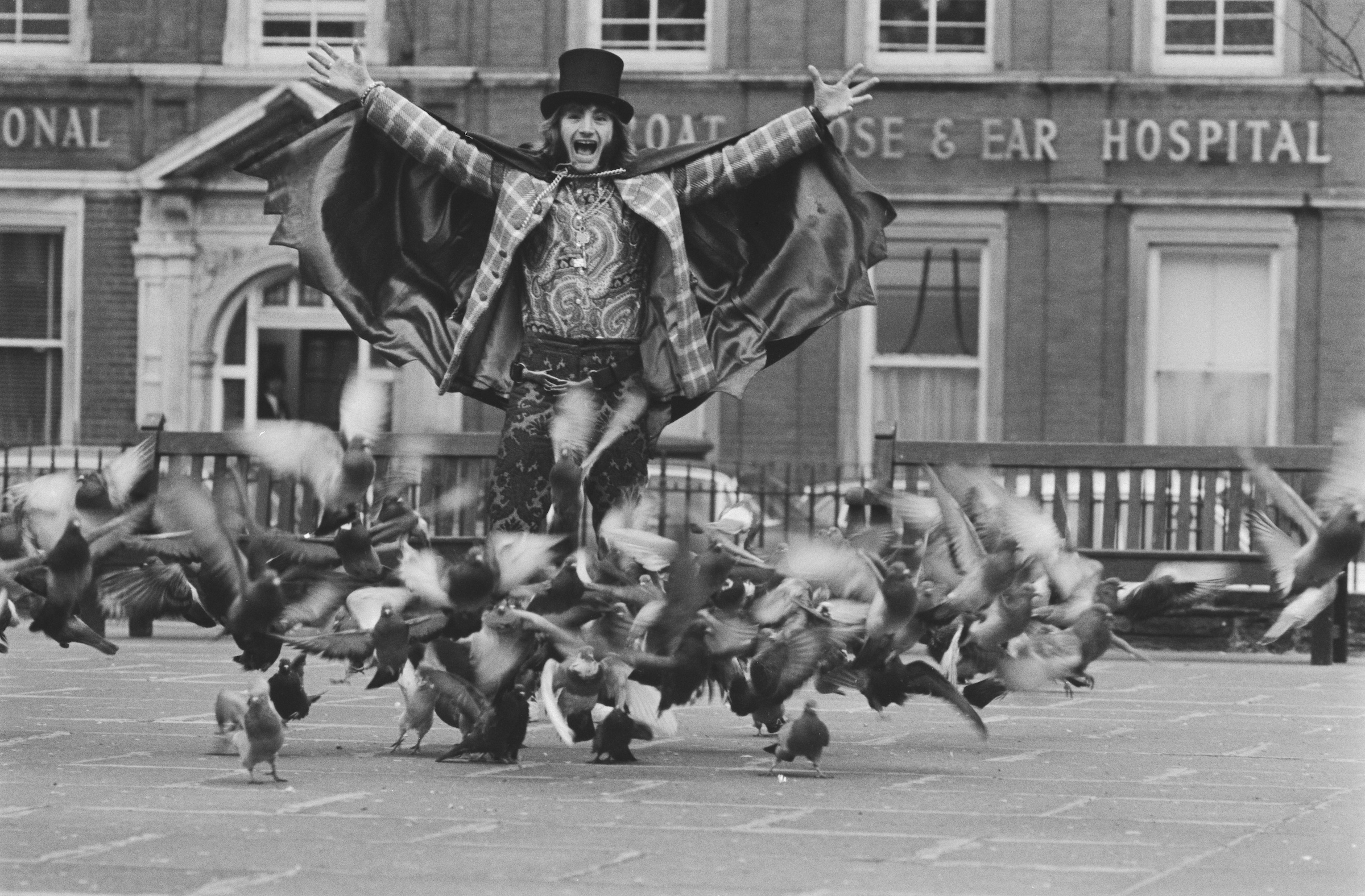
It’s that frightful time of year! Halloween is just around the corner, which means you’re most likely listening to a variety of algorithmically-curated, Halloween-themed playlists via your favorite music streaming service. No doubt creep classics such as “Bad Moon Rising” by Creedence Clearwater Revival, Blue Oyster Cult’s “(Don’t Fear) The Reaper,” and shock rock icon Alice Cooper’s “Welcome to My Nightmare” are on your list. But I urge you to consider adding another, lesser-known artist, one who released an entire collection of spooky party songs: Screaming Lord Sutch.
Born David Edward Sutch, the British artist released a string of horror-themed songs in the early 1960s including “She’s Fallen in Love with the Monster Man,” “Monster in Black Tights,” “All Black and Hairy,” and “Murder in the Graveyard.” He’s best known, however, for his 1963 song, “Jack the Ripper,” which was banned from radio play by the BBC.
More from Spin:
Road Work: When We Were Young, Oasis, Pixies
King Gizzard Drop New Single, Plan 2025 Orchestral Tour
Quicksand, Hot Water Music Cover Each Other On New EP
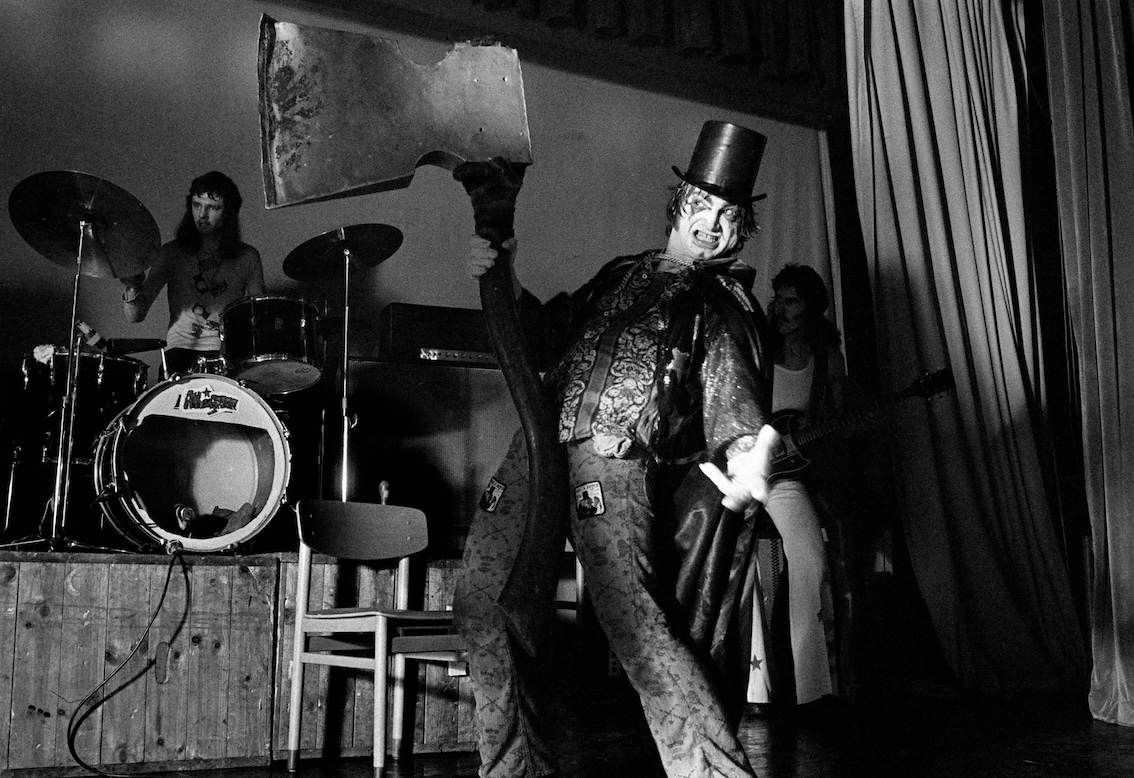
(Credit: Jorgen Angel/Redferns)
Sutch wasn’t a particularly great musician or singer, but he had a lifelong dream of becoming famous, says his former agent, Jim Driver, during a phone interview from his home in Ramsgate, England. “When he started in 1959, 1960, he was very young and very radical,” says Driver. “And all he wanted to do was to be famous…he was very bright and he had these great ideas.”
One of those ideas was inspired by his love of Hammer Films horror movies, vaudeville, rock and roll, and the loud, theatrical performances of Screamin’ Jay Hawkins, the singer-songwriter most famous for his 1956 hit “I Put a Spell on You.” As a tribute to Hawkins, Sutch adopted a stage name, “Screaming Lord Sutch, 3rd Earl of Harrow,” and began doing outrageous musical live performances, incorporating buffalo horns and a leopard-skin coat.
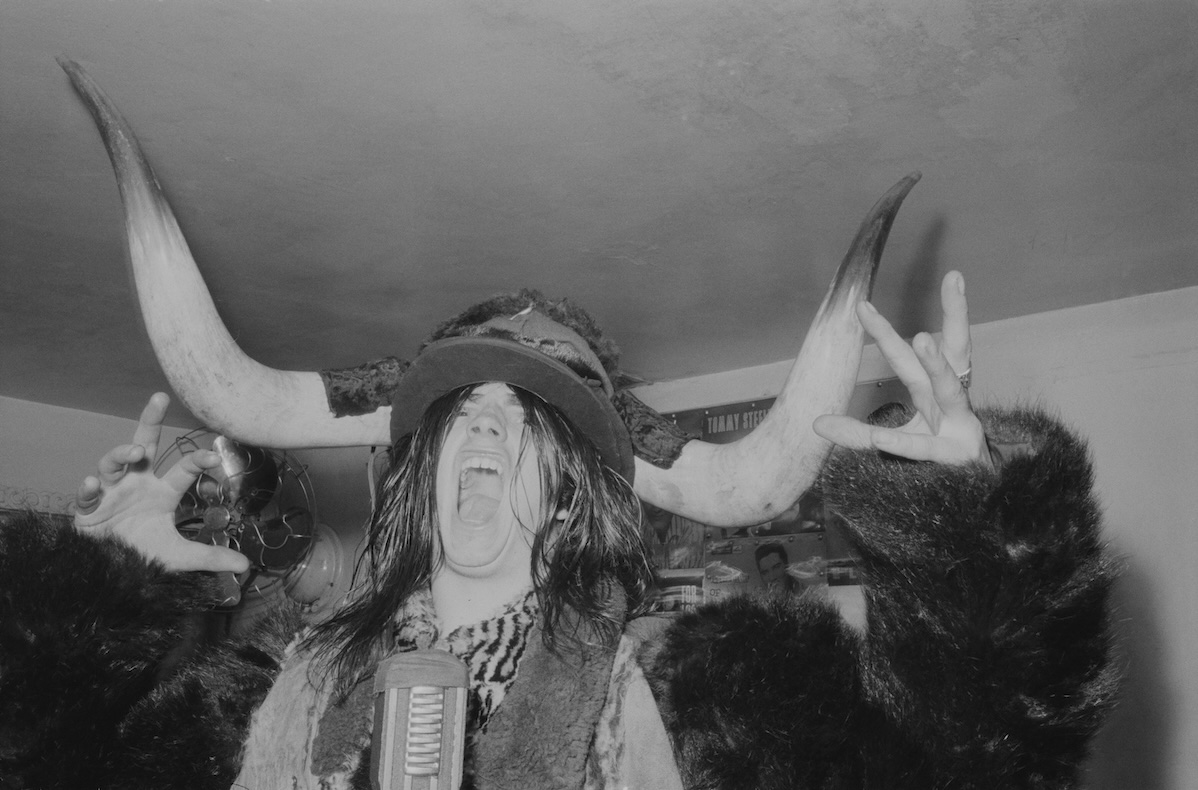
Sutch was the epitome of rock and roll, sporting much longer hair than the mop-topped Beatles months prior to them coming on the scene. In the early ‘60s—before the British invasion bands hit it big—artists like Frank Ifield and Frankie Vaughan would cover American country and jazz songs dominated the British charts. Sutch’s off-kilter musical shows were something not seen before in England.
While his early performances were horror-themed, it wasn’t until Sutch met record producer Joe Meek that he elevated his act to the truly macabre. For “Jack the Ripper,” backed by his band, the Savages, Sutch would wear a black cape, top hat, and makeup, and using a fake ax or knife, pretended to murder and disembowel audience members. His many onstage props included a coffin from which he would rise out to perform.
“Of course it was introducing him to Joe Meek…and that’s what really made his name,” says Driver. “Because obviously Meek used him as an instrument in actually creating all those things, in using ideas, which Sutch would translate on stage—the rock and roll horror thing. He became very popular as a live act…”
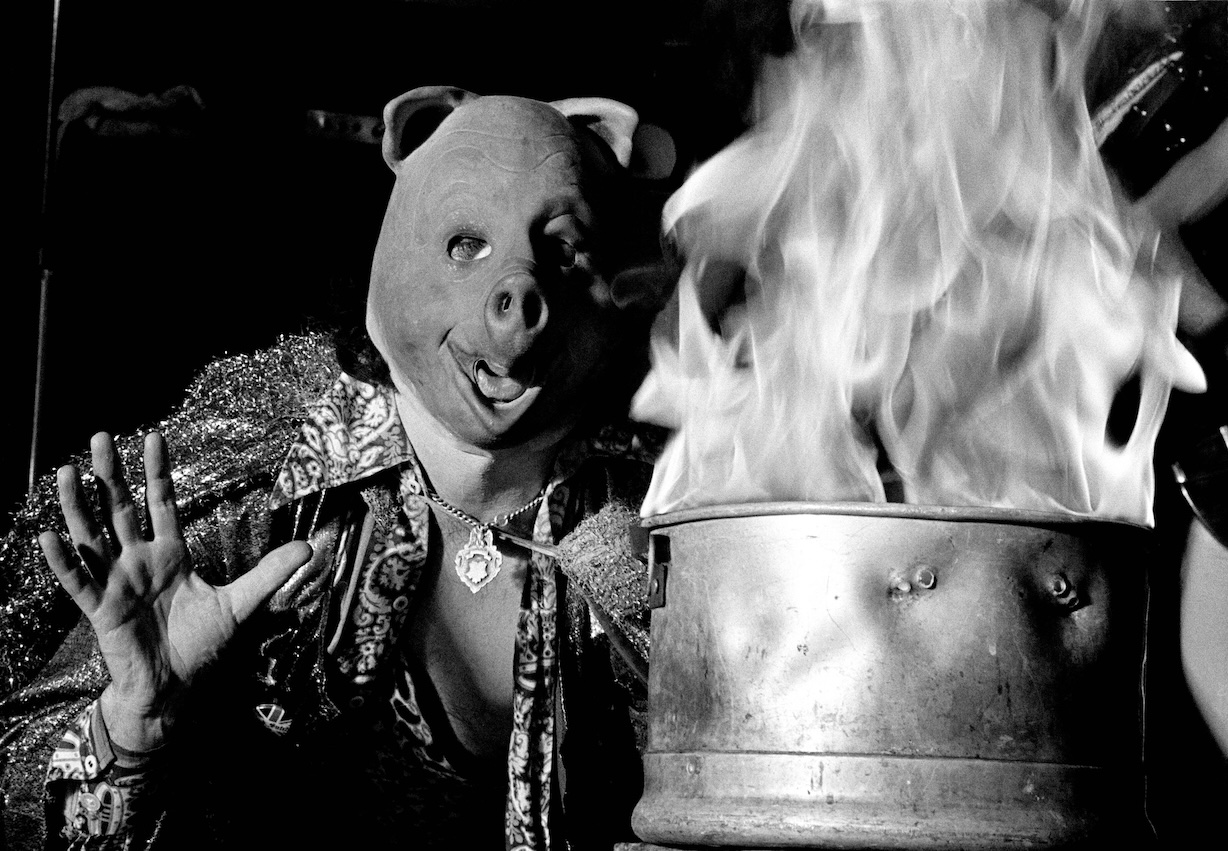
(Credit: Jorgen Angel/Redferns)
By 1963, however, Sutch’s popularity waned, giving way to England’s Merseybeat musicians like Billy J Kramer & The Dakotas, the Searchers, and of course, the Beatles.
Later that year, Sutch moved on to politics, running for parliament 39 times. Later in life, he founded the satirical Official Monster Raving Loony Party, which was his way to poke fun at British politicians.
By the time Driver became Sutch’s agent, his reputation as a musician had been sullied due to his 1970 album Lord Sutch and Heavy Friends, which he had recorded with Jeff Beck, Noel Redding, Nicky Hopkins, and Jimmy Page. The problem is that none of these musicians knew they were making an album. They thought they were just jamming, according to Driver. The album was ranked as the worst album of all time by a 1998 BBC poll.
Driver remembers booking him for a show around 1975 and how poorly received Sutch was at the time. “I did a rock and roll show at the Cambridge Corn Exchange…but it was an awful show,” says Driver. “I mean, the whole night was just a complete waste of time. There was no one there…But that was the problem….as the years went by, he got less and less popular.”
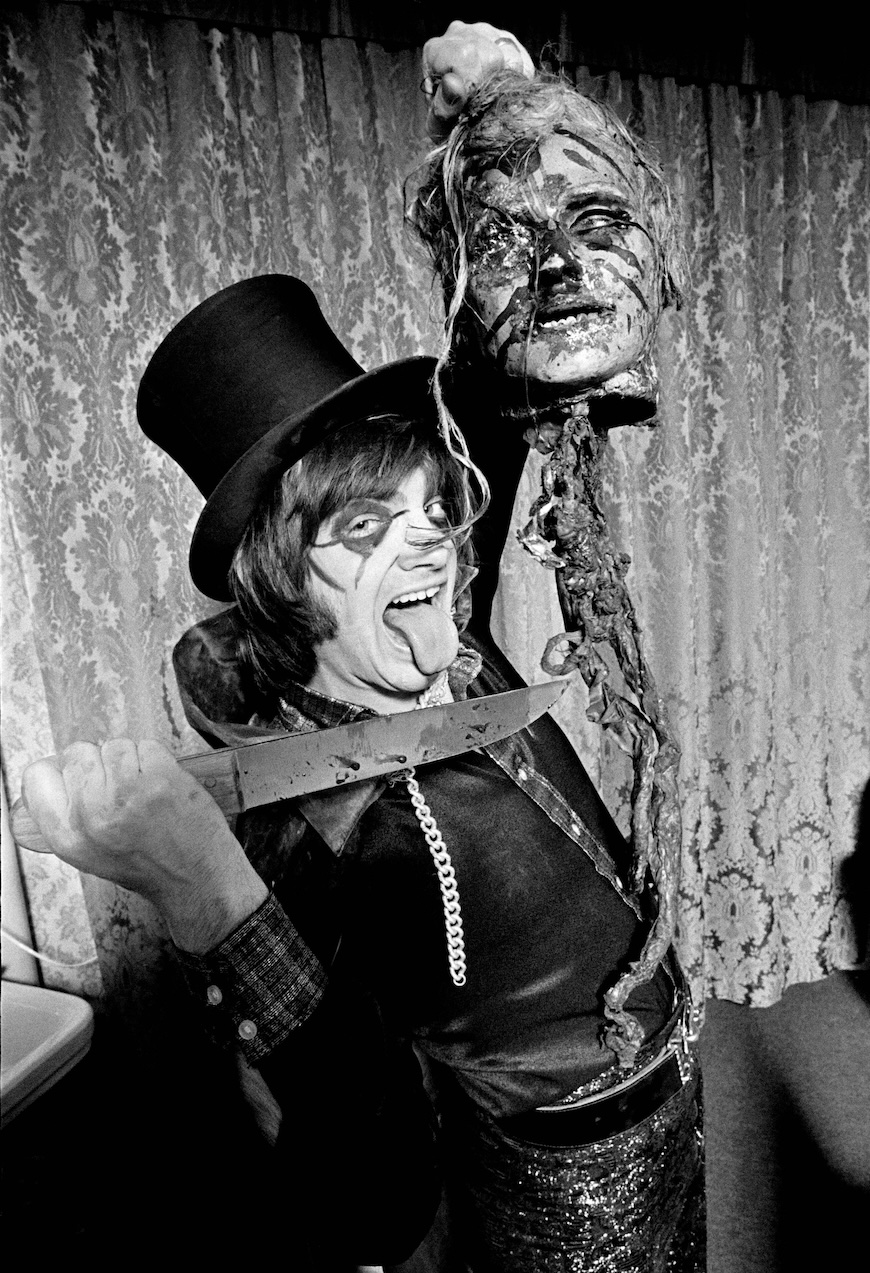
(Credit: Jorgen Angel/Redferns)
Sutch’s reputation, however, wasn’t completely ruined. His influence could be felt in the rising goth rock and horror punk genres at the time, most notably by British punk band the Damned.
“Punk people sort of adopted him and adopted the ‘Jack the Ripper’ and the Joe Meek stuff as their inspiration,” says Driver. “A lot of people actually copied it.”
Thanks to this new generation of fans, Sutch’s music career was undergoing a revival. He played more shows at bigger venues, says Driver. But then, just like before, Sutch’s music career faded into near obscurity.
Sutch took his own life on June 16, 1999, hanging himself from a chandelier in his late mother’s home. According to Driver, Sutch had suffered from depression, or as Sutch called it, “the Black Dog.”
“He had the idea he was a fraud…” says Driver. “…that he shouldn’t be on stage and no one should know who he is and he shouldn’t be earning money…people used to actually tell him that as well, which was awful. He was very complex, man.”
For your Lord Sutch Halloween listening pleasure, listen to the compilation album Til the Following Night.
To see our running list of the top 100 greatest rock stars of all time, click here.


